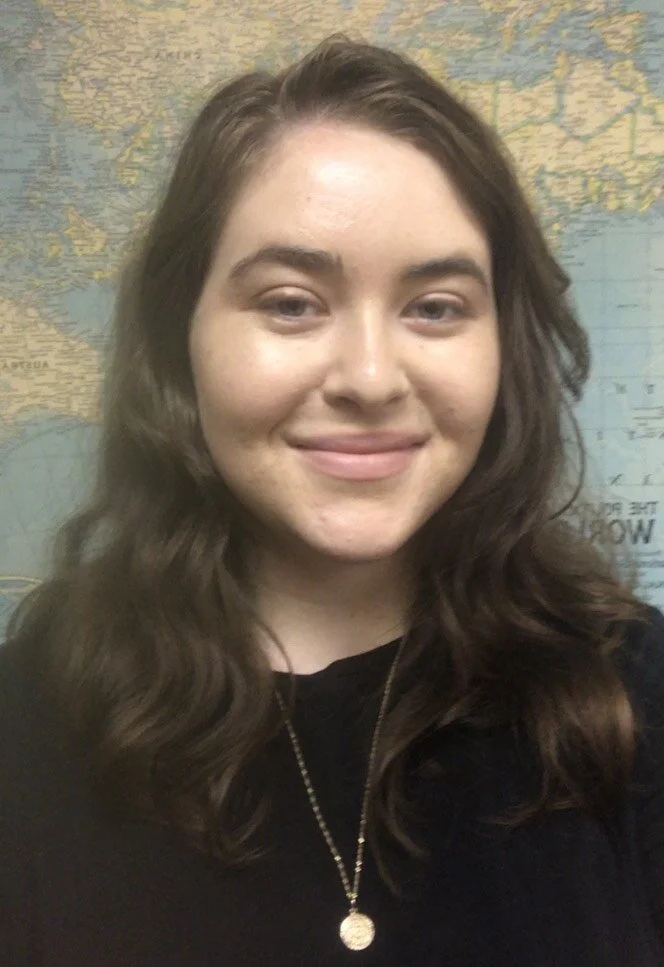PURSUIT BY KAREN NEUBERG
REVIEWED BY ELLEN DAVIS
Karen Neuberg’s Pursuit
In Pursuit (Kelsay Books, 2019), Karen Neuberg successfully escapes the confines of time and linear thinking. Neuberg uses the moon, ouroboros, a seafarer and his wife, two paintings, and a French film to discover how her memories and many transformations operate—in light of her limited time on earth—as part of infinity.
The poems explore the different stages of her life as a whole that cannot separate itself from its parts, or phases, like those of the moon, which is always waxing or waning but remains unchanged. While she looks out from “time’s long tube,” Neuberg confronts herself at various stages of her life. In her reflection on memory and transformation, she questions her voice, her face, and, “....How many / faces does it find before it finds its face?’” demonstrating an uncanny ability to communicate abstractions beautifully and accessibly.
Neuberg’s poetry swirls around the reader’s wrist, inviting us to look into a memory box of our past selves in her poem “Encuentro,” written after Remedios Varo’s 1959 painting of the same name: ”Still I can’t look away / and constantly peek back / into what held/still holds me / boxed & peering, in & out.”
The poems’ threads spiral across the pages, connecting themselves to each other through memory, which Neuberg describes as, “stitched & pining / behaving as though / I am its guest / and not its host.”
Her poems deftly explore the shape and direction of time and transformation, showing there is no beginning or end, instead an infinity that continues to transform itself into the new and unknown. The ideas in Pursuit are tethered together through lines that snag and pull memories to the surface, creating a larger picture of a life as a whole, rather than a snapshot in time.
December, 2020
Ellen Davis
Ellen Davis graduated with a B.A. in English Literature from Washburn University in 2017. Currently, she is pursuing an M.A. in Creative Writing at Pittsburg State University. She is the current managing editor of the campus literary magazine Cow Creek Review.



